5 cities where artificial intelligence changing lives
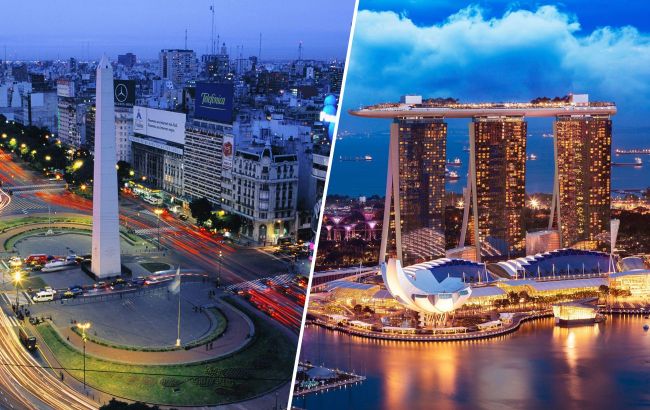 These 5 cities innovatively use generative artificial intelligence (collage: RBC-Ukraine)
These 5 cities innovatively use generative artificial intelligence (collage: RBC-Ukraine)
Artificial intelligence (AI) is no longer a fantasy - in some cities around the world, it is actively changing people's lives by improving infrastructure, resource management, and convenience for citizens. Every year, such technologies are becoming an increasingly integral part of everyday life.
RBC-Ukraine dwells on 5 advanced cities where AI not only improves the quality of life but also shapes the future of urban spaces according to the World Economic Forum website.
Buenos Aires (universal chatbot)
The Argentine capital was ahead of the curve when it launched its chatbot in 2019. Boti evolved alongside generative AI, reaching a record of 11 million conversations in January 2022 to become the preferred channel for citizens.
It served as the official government channel for testing and vaccination during the pandemic but has now expanded its scope to include services such as bike rental and social services.
This is amazing. In Buenos Aires, people can now send an audio clip of their cough using a WhatsApp voice memo to the Boti chatbot and it'll check the audio pattern for COVID. Accuracy is apparently 88%. https://t.co/tgE1ocFCmU
— Will Cathcart (@wcathcart) May 5, 2021
Singapore (100 innovations based on generative AI)
The city-state was the first in the world to have a digital twin - essentially a virtual model of Singapore. And now, following a government initiative launched last year, it has come up with more than 100 solutions based on generative AI.
One use case allows teachers to quickly develop new learning content, and another is a chatbot for community centers.
While many global governments are taking a cautious approach to AI and introducing restrictions, the Singapore government is looking to make the most of the technology, announcing a revised National AI Strategy in late 2023 focused on ways to make the Singapore economy adopt and utilize AI.
With this in mind, an interdisciplinary research team led by 17 professors from the Massachusetts Institute of Technology (MIT) is studying the human-machine relationship by expanding existing AI initiatives in the city-state.
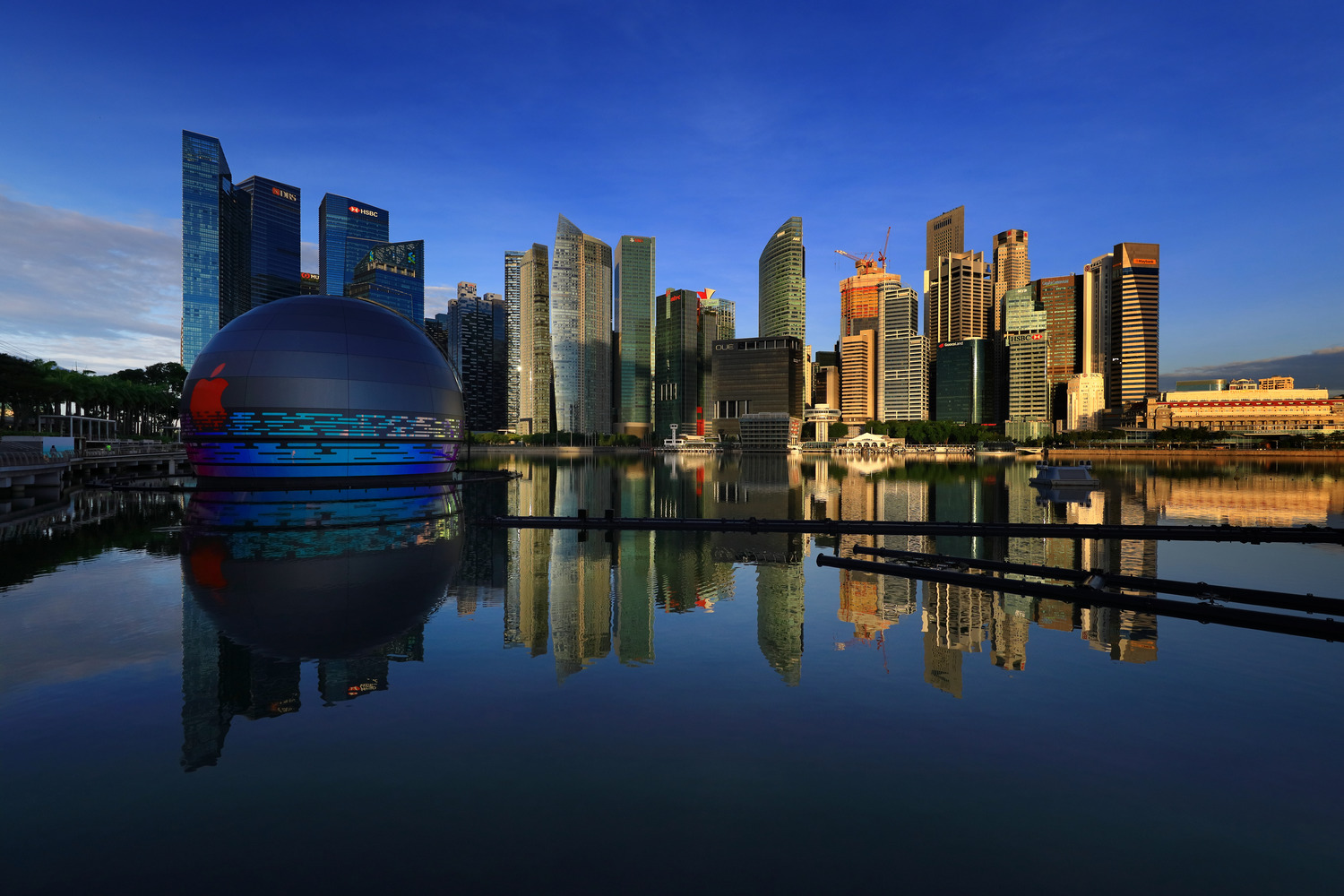 Singapore (photo: Getty Images)
Singapore (photo: Getty Images)
Amsterdam (creation of environmentally friendly materials)
Natural language processing, the basis of generative AI chatbots such as ChatGPT, uses word data to create new linguistic connections. Now, a research project at the University of Amsterdam is changing words into molecules to create new sustainable materials.
Applying a generative approach to materials “is exactly what we do as chemists,” says Bernd Ensing, lead professor of the Artificial Intelligence for Sustainable Molecules and Materials (AI4SMM) project.
“We build new molecules and new materials. Using AI to assist us with that, or even do it for us, will change the way we do our science,” he says.
The AI4SMM team is initially focused on creating salts for energy storage, sustainable steel, safe plastics, and new plant proteins.
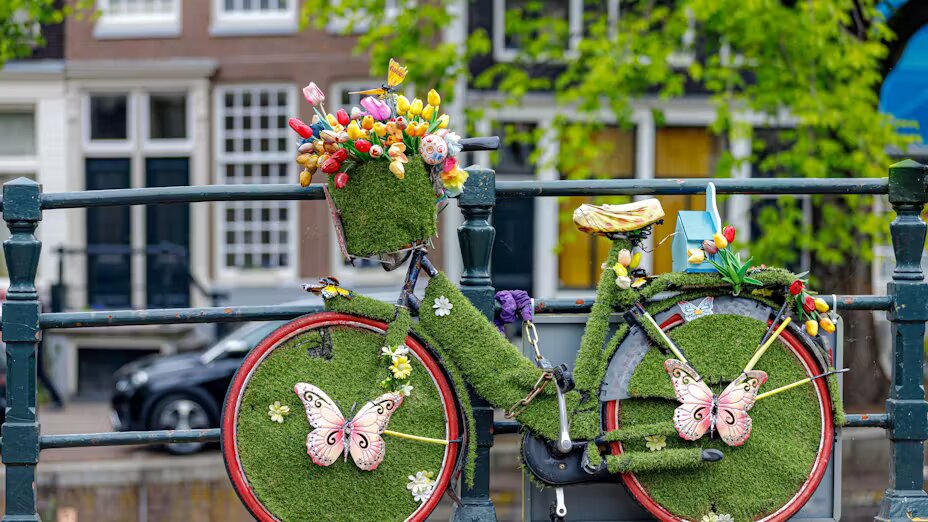
Amsterdam is developing solutions for a sustainable future (photo: Rockwool)
Dallas (next-level autonomous cars)
Autonomous vehicles have already been tested with varying degrees of success. Now a new type of self-driving truck is being tested between Dallas and Houston in the US state of Texas. They are trained in generative AI.
While a standard autonomous car would use data and images to plan routes and detect objects, the new system - Copilot4D - is trained on lidar sensors that can determine the distance to an object and continuously visualize a three-dimensional map of the vehicle's surroundings, according to MIT Technology Review.
This means that the vehicle can generate predictions about what will happen within 10 seconds in the future and thus anticipate problems.
Raquel Urtasun, CEO of Waabi, the autonomous driving company behind this innovation, says that their “AI-first” approach means that the system “learns from data” rather than having to be “taught reactions to specific situations.”
If these generative AI vehicles prove to be safer and more reliable than their predecessors, there is potential to solve some problems, including supply chain delays, carbon emissions, and labor shortages.
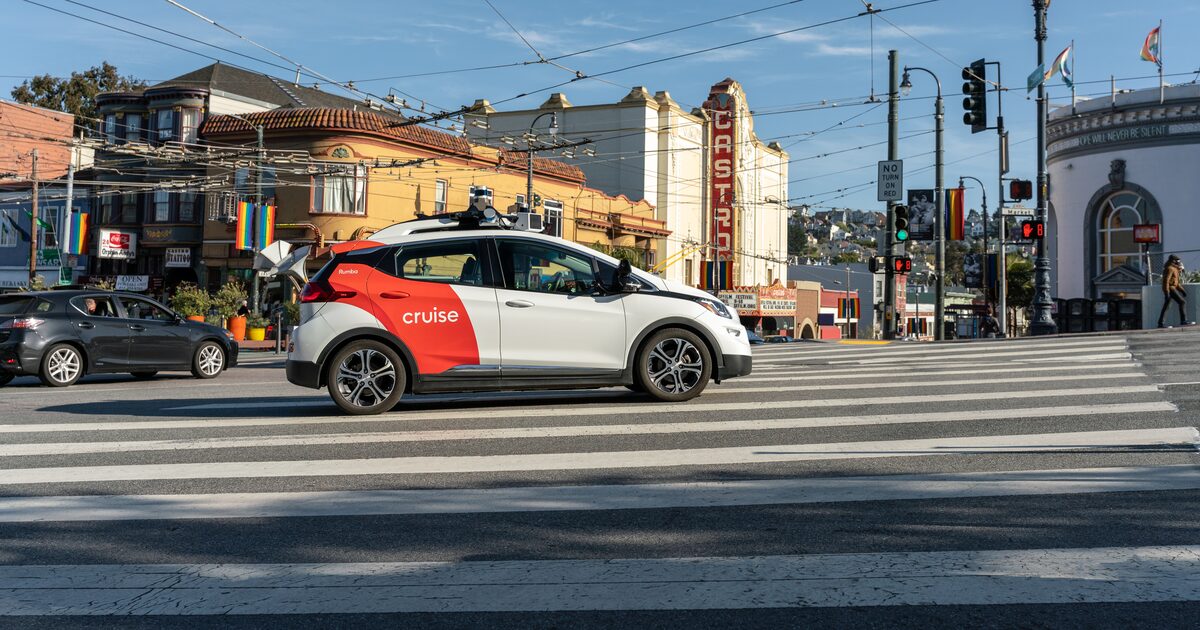
GM Cruise self-driving car (photo: Dallas Morning News)
Boston (presentation of the cycling future)
The American city of Boston would like to become more cyclist-friendly, and planners looked to Copenhagen in Europe as a good example to follow.
But locals are concerned about how such changes might affect their city, and not all of them can travel across the Atlantic to see what that might look like. Now, generative AI is helping Bostonians visualize it.
“With the help of generative AI, we can bring the Copenhagen style of the bicycle infrastructure, overlay it on top of the Boston infrastructure and Boston building environment, so that Bostonians can have a tangible sense of, if we promote and build a bicycle [network], what our city will look like,” says Jinhua Zhao, Professor of Cities and Transportation at MIT, told the Forum.
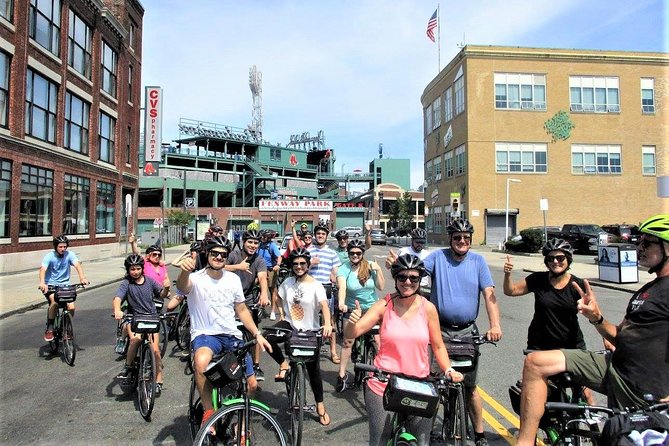
Boston's infrastructure is becoming more comfortable for cyclists (photo: Tripadvisor)

